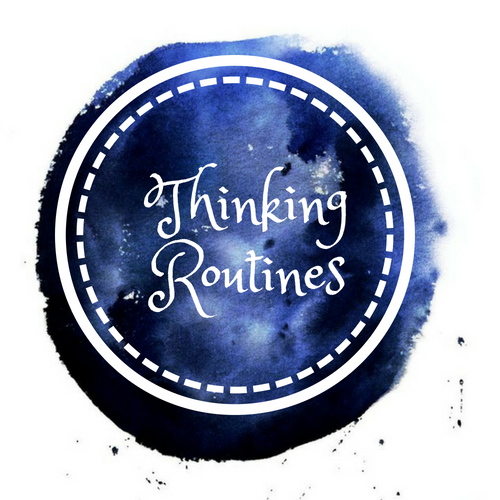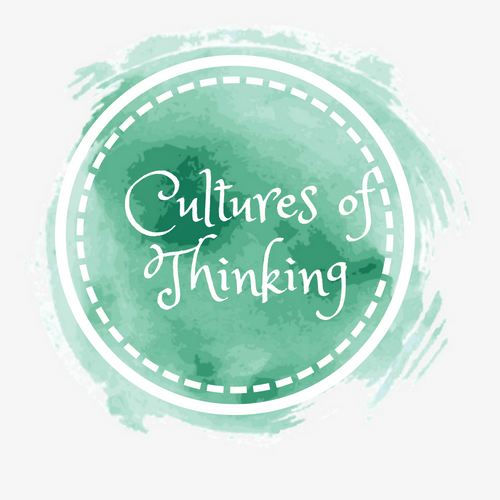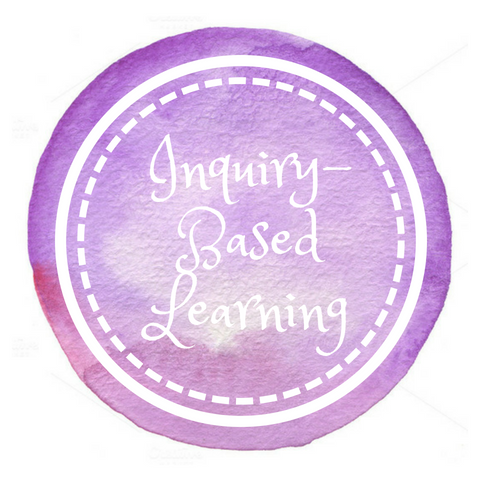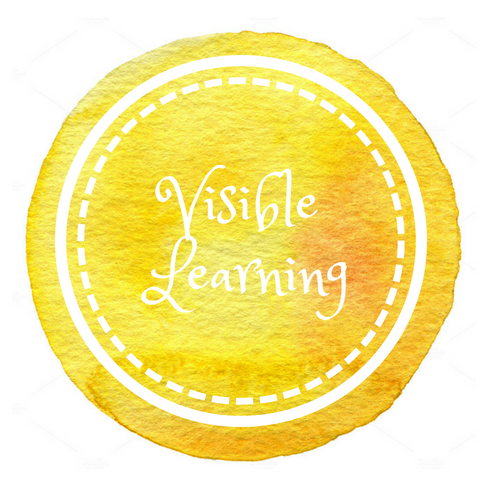|
To develop understanding of a topic or subject area, one has to experience and engage in Authentic Intellectual Activity. That means solving problems, making decisions, and developing new understanding using methods and tools (Ritchhart, Church & Morrison, 2011). Exploring a range of Thinking Pathways allows teachers and students to move beyond surface learning that focuses on the memorisation of knowledge and facts, to more deep and reflective learning that is focused on developing understanding through more active and constructive processes.
This can be achieved by exploring a range of learning pathways, such as: |
|
Exploring and engaging with a range of Thinking Pathways serves a broader educational goal as well. When we demystify the thinking and learning process, we provide models for students of what it means to engage with ideas, to think and to learn. As educators we need to ask ourselves some key questions:
Click the links below to find out more about these learning pathways and access resources.
- Why is it we want students to think?
- When is thinking useful?
- What purpose does it serve?
- What kinds of thinking do you value and want to promote in your classroom?
- What kinds of thinking does this lesson/ task/ activity/ question force students to do?
- How do we look for, capture, reflect on and share learning and thinking?
- How do we document our thinking and learning?
Click the links below to find out more about these learning pathways and access resources.
Please note that these pages contain a collection of resources and links to activities to support and enhance classroom teaching and learning. The thumbnails and activities are the property of the authors/creators and available due to their generosity in sharing their work. All sources are acknowledged on the ACKNOWLEDGEMENT OF SOURCES page.
This website contains NSW syllabus content prepared by the NSW Education Standards Authority for and on behalf of the State of New South Wales which is protected by Crown copyright. https://www.educationstandards.nsw.edu.au/wps/portal/nesa/home
This work is licensed under a Creative Commons Attribution-NonCommercial-ShareAlike 4.0 International License.
This website contains NSW syllabus content prepared by the NSW Education Standards Authority for and on behalf of the State of New South Wales which is protected by Crown copyright. https://www.educationstandards.nsw.edu.au/wps/portal/nesa/home
This work is licensed under a Creative Commons Attribution-NonCommercial-ShareAlike 4.0 International License.




